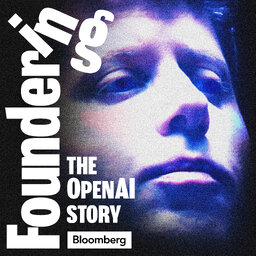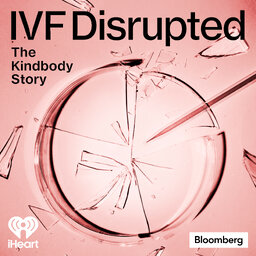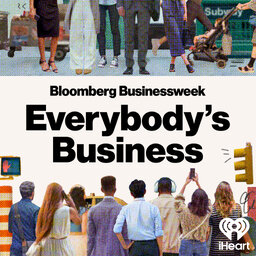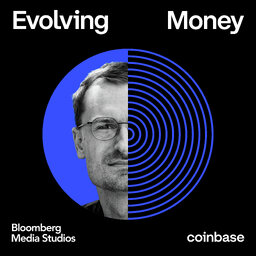One day in 2011, a small team of Boston-based AI scientists got an unexpected call: Amazon wanted to buy their company. Its founder and CEO, Jeff Bezos, was leading a secret team to develop a unique device, a voice-activated computer that could recognize and respond to user questions from across a noisy room. The world would soon know the device as the Amazon Echo, and its virtual personality as Alexa. Brad Stone tells the Alexa story and sizes up its impact on culture, and conventional notions of privacy. He also tracks down the actress who Amazon got to perform the voice that’s now in millions of homes worldwide.
 Foundering
Foundering


